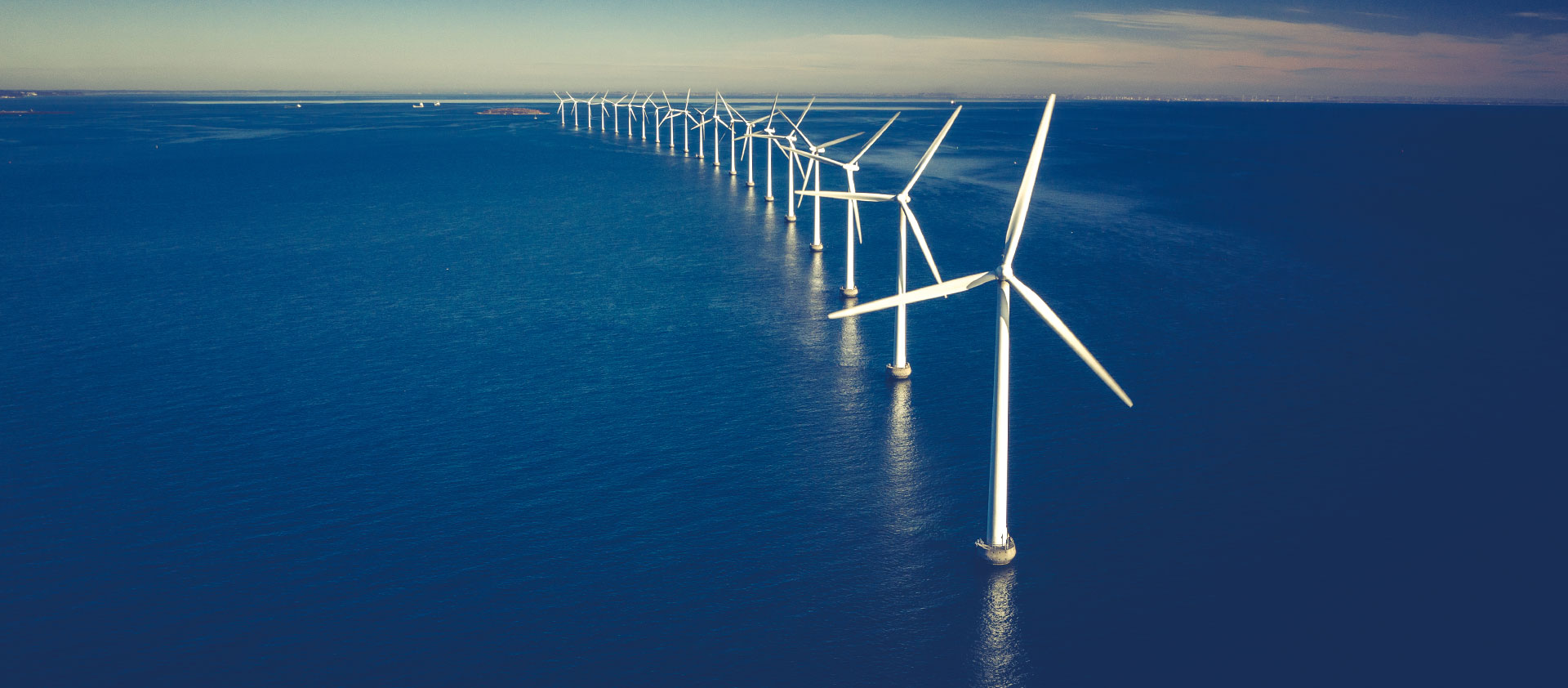Decarbonisation
AER AGL Aluminium Batteries Battery Budget BYD CATL CBAM China Coal Critical minerals Decarbonisation Diesel DMO Election Electric Vehicle Electricity/electrification electrostate Energy crisis Federal Election Finance Sector & Emissions Gas Green Iron/Steel Hydrogen India & Adani Methane Nuclear offshore wind Oil OP EDS Peter Dutton Podcasts Renewables Solar Tariff Taxes and subsidies US IRA/EU NZIA et al Wind
Australia risks losing $250B green iron industry without immediate Pilbara decarbonisation, report warns
Australian Manufacturing
The Pilbara urgently needs common use transmission infrastructure: report
PV Magazine
MEDIA RELEASE | SUPERPOWERING-UP: Accelerating the Electrification and Decarbonisation of the Pilbara
___
Slow Approvals are Risking the Next Mining Boom: Report
The Australian Financial Review
OP ED | We Need Overriding Public Interest Test to Break Approval Logjam
The Australian Financial Review
Australia Risks Missing $250b Green Iron Opportunity
Canberra Times
Rapid greening of the Pilbara could unlock $250 billion in green iron annual exports
Renew Economy
AU Manufacturing | Study weighs up Pilbara’s green iron age opportunity
___
Australian Mining | Climate think-tank urges on WA decarbonisation
___
New H2 | Report Posits Hydrogen as Crucial To Australia’s Green Iron Future
___
Woodside’s US$2.35bn gamble raises doubts
FS Sustainability
OP ED | China’s Early Decarbonisation Holds Lessons for World
The Financial Times (UK)
